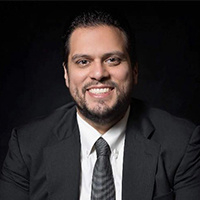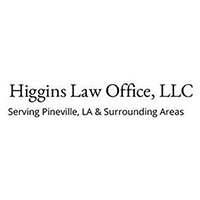Provencal Criminal Lawyer, Louisiana
Sponsored Law Firm
-
 x
x

Click For More Info:
-
John D & Eric G Johnson Law Firm, LLC
415 Main St Minden, LA 71055» view mapCriminal Defense and Accident & Injury Fighting for You When You Need It the Most
At the John D. & Eric G. Johnson Law Firm, LLC, attorney Eric Johnson is renowned for his handling of cases throughout Minden and north Louisiana.
800-768-5820
Wesley Ryan Bailey
✓ VERIFIEDDivorce & Family Law, DUI-DWI, Real Estate, Wills & Probate, Adoption
Wesley Bailey is a practicing lawyer in the state of Louisiana specializing in Divorce & Family Law. More about Wes Bailey: Managing Attorney for so... (more)
George Higgins
✓ VERIFIEDCriminal, Accident & Injury
George Lewis Higgins III received his Juris Doctor degree in 1979 from Paul M. Hebert Law Center at Louisiana State University in Baton Rouge. Mr. Hig... (more)
Keenan Kirk Kelly
Criminal, Personal Injury, Accident & Injury
Status: In Good Standing Licensed: 31 Years
Elvin C Fontenot
Wills & Probate, Divorce & Family Law, Criminal, Bankruptcy
Status: In Good Standing
Leo Joseph Flynn
Criminal, Divorce & Family Law, Employment, Estate
Status: In Good Standing Licensed: 13 Years
J. Marc Lampert
Criminal, Divorce & Family Law, Divorce, Family Law
Status: In Good Standing Licensed: 51 Years
FREE CONSULTATION
CONTACTKatharine Geary
Family Law, Divorce & Family Law, Criminal, Accident & Injury
Status: In Good Standing Licensed: 40 Years
 Eric Johnson Minden, LA
Eric Johnson Minden, LA Practice AreasExpertise
Practice AreasExpertise


